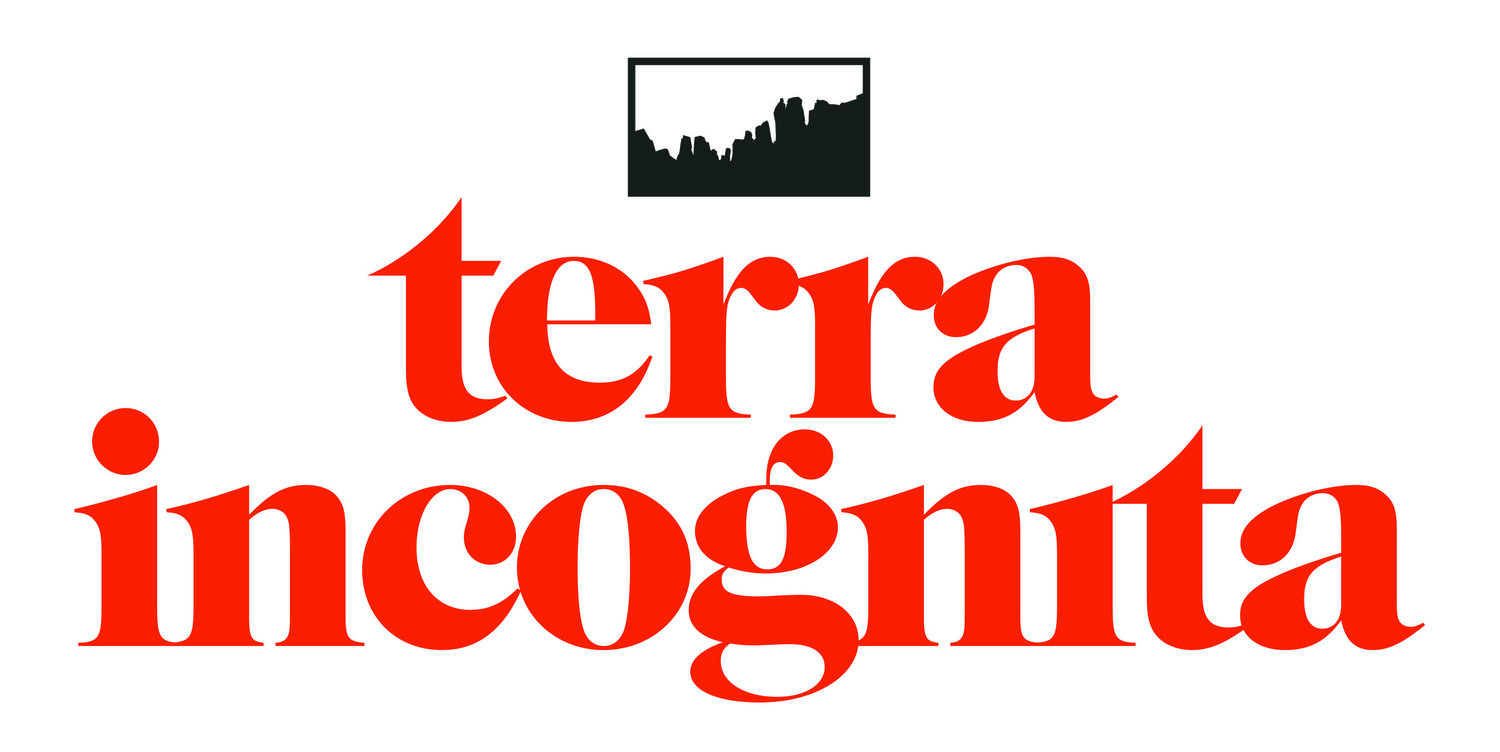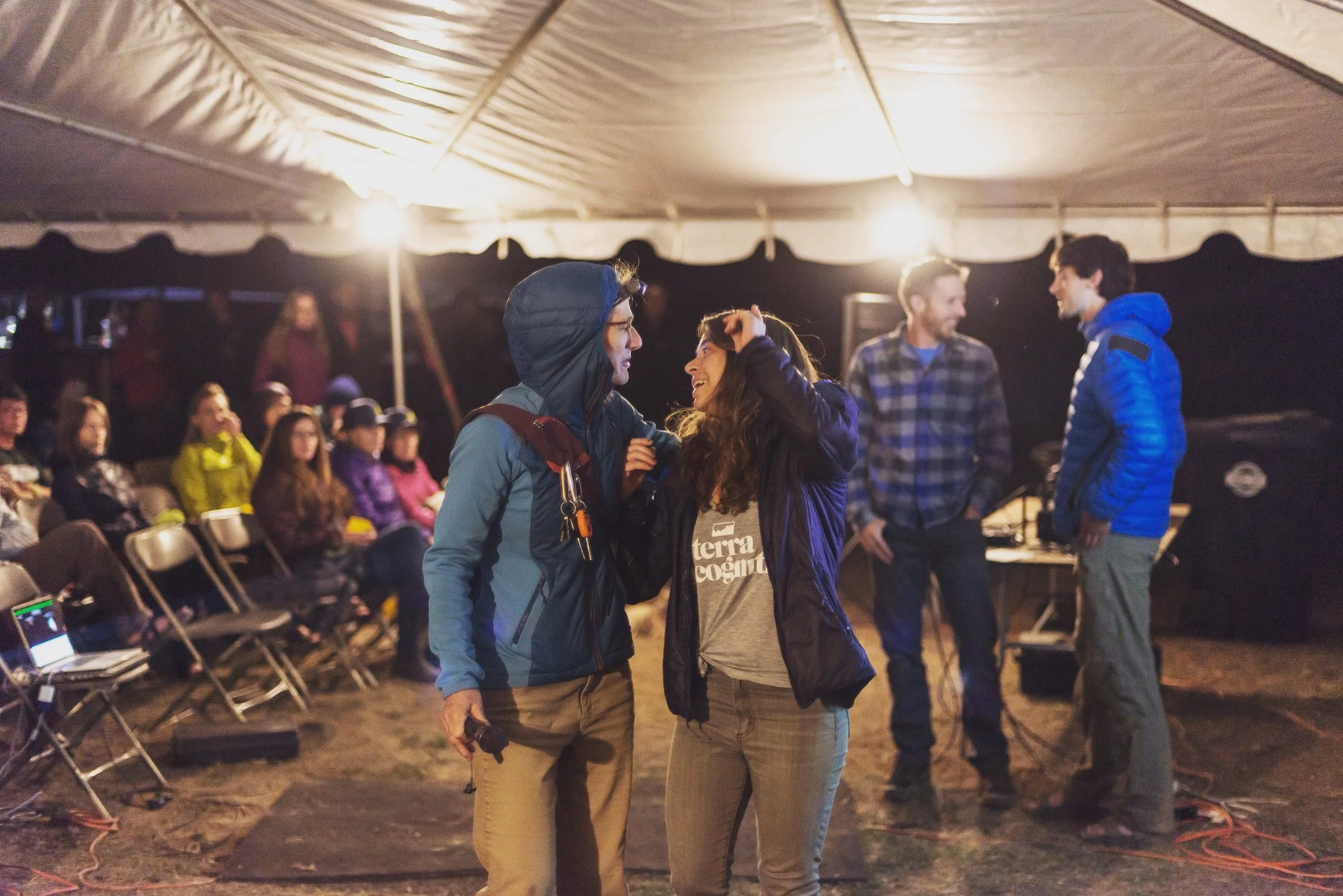Sexual Assault and Violence Across Industries, and The Inaction of "Good" Men
#metoo inundated social media this last October to “give people a sense of the magnitude of the problem,” as Alyssa Milano wrote on Twitter. However, as journalist Britni Danielle pointed out, activist Tarana Burke, a Black woman, began the crusade ten years ago, particularly for women of color. The viral phenomenon came as no surprise because the magnitude of the problem is not just known to those who speak out. It is a burden that all women carry. And while it is important and powerful for women to speak up about their experiences, this media frenzy has revealed yet again that our society only pays attention when abuse happens to cis, straight, white women. This outrage and backlash against Hollywood male elites, while necessary and important, is white outrage. The only reason why mainstream media put these stories in the spotlight is because abuse is only intolerable if the victim is white. We must acknowledge that violence against women is happening all of the time, across all industries, and that it affects women of color and Indigenous women the most.
Native women are 2.5 times more likely to be sexually assaulted. The horrifying reality of remote areas and reservations underserved by police and medical services, is often compounded by the predatory economics of the mining and pipeline industries which create, “man camps.” “Man camps” are camps for non-Indian male workers who settle into remote areas, often near reservations, where there is little legal control for their actions. According to Honor the Earth, “The Native Women’s Association of Canada (who’s funding was cut in 2010) documented 582 missing and murdered Aboriginal women between the 1960s and today.”
The viral and apparently “revelatory” (for some) hashtag rallying cry, which white women co-opted from young Black women, is a clear case of White feminism. Activist Ashley C. Ford points out in her article on Refinery 29 that there was no rallying cry when ESPN sports journalist, Jemele Hill, was suspended from her job because of some vague social media policy. There was no mass media outrage when actress and comedian Leslie Jones was harassed to the point of deleting her account. Outrage for the women in Hollywood is absolutely valid and deserves to be expressed, but it is simultaneously important to address the ways in which white women fail to show up for women of color. It is also crucial to address that class, race, and gender affect who will be heard and who will be silenced.
The absence of solidarity for Hill and Jones comes out of an apathy towards acknowledging how race compounds sexual assault. White women historically have been failing black women in that we do not address the racial privilege that we enjoy. This hearkens back to another hashtag that went viral #SolidarityIsForWhiteWomen.
The buzz around #metoo is one attempt in a long history of efforts to confront a society that cosigns abuse, assault, harassment, and exploitation. And who are these co-signers? They are those who Ariel Levy in 2005’s Female Chauvinist Pigs, describes as “loophole women.” They are who Gillian Flynn calls the “cool girl” in Gone Girl. They are DeVos and Conway. They are the women who bargain with the safety and autonomy of other women in order to secure their seat at the table of an unbalanced, hierarchical system of power. They are the women who say they don’t need feminism. They are the white women who voted for Trump. They are those who ask, “What were you wearing?” “Why were you out so late?” “How much did you drink?” They are those who say rape, assault, and violence is a two-way street.
The cosigning of sexual violence can also be found in the actions or inaction of men. In moments when testimony is demanded of women, especially women of color, transwomen, and Indigenous women, they are rarely heard and this can be seen throughout history in court rulings, interactions with police, discussions on college campuses, and the list goes on. Assault, violence, harassment and exploitation is about exerting one’s will over another. It is about power. The way our society makes excuses for this behavior is abhorrent through rationalizations like, “It’s not that bad.” Or, it was just a brush of the hand. Or, it was just a cat-call. It was just an hour of him holding me down. It was just a night. Maybe I was asking for it. Maybe I can cover the scars and bruises with make-up.
The trauma that comes from such a war waged on someone’s body means that they might need days, weeks, years, a lifetime to process what happened. It is not easy for those who have experienced sexual assault or harassment to immediately understand what happened, or to be able to articulate it, which is why we have women speaking up sometimes decades later. There is no such thing as a two-way street with rape and sexual assault. This is a problem on the part of the systems that are in place that keep women in fear, hiding, and silence. The problem is that when a woman does feel emboldened to speak up, she may have co-workers, peers, bystanders, etc. who do and say nothing. This happens in the outdoor industry just as much as any other. Whether it be women in wildland fire fighting, guiding trips in the backcountry, or in the office, toxic masculinity and rape culture permeate.
I see white people getting all riled up about our climbing, our mountain bike trail, and white water destinations that are threatened by the Trump administration, but I don’t see the same outrage when it comes to the abuse and sexual assault on women working in the industry. I see people rallying around protecting public lands, but failing to have nuanced conversations around the toll that extractive, capitalist structures have on the Indigenous communities that have lived on the land for time immemorial. I see no rallying cries on the part of the outdoor industry for the hundreds of missing and murdered Indigenous women who are erased from the conversations about conservation and preservation.
This country oozes of toxic masculinity and rape culture and it can be found in seemingly innocuous instances like when a man requests for a woman to smile. The crimes of sleazy men range from violating Tinder messages to rape. Each of these wrongs deserving of public shame and accountability. So. Men. Where are you? And I’m not just talking about the “bad” men because the binary of “good” vs. “bad” men is an absurdity. There is too much time spent on pandering to “good” men when it comes to topics that make them feel uneasy. We live in a society that allows them the most comfort and privilege. We don’t need a hashtag to go viral to understand the magnitude of the problem. We, white women, need to stop bargaining the safety of women of color for our own safety. We need men to stop sitting in complicity – in the luxury of obliviousness or willing ignorance. We need men to stop being shocked at the pervasiveness of rape and sexual assault. We need men to stop being defensive and quick to retaliate, “not all men.” We need men who will not make this about themselves. We need men to face that they are simultaneously oppressors and oppressed in this society. We need men to weaponize their privilege.
Men, it is your responsibility to speak up when your friend makes a lewd comment, gives you a high-five for a one-night stand, or when you bear witness to any kind of abuse. The ongoing tragedy of the prevalence of sexual violence is due to nothing more than inaction. Rape and assault continue not because there are “bad” men. The war on women continues because “good” men consistently choose to look the other way.



